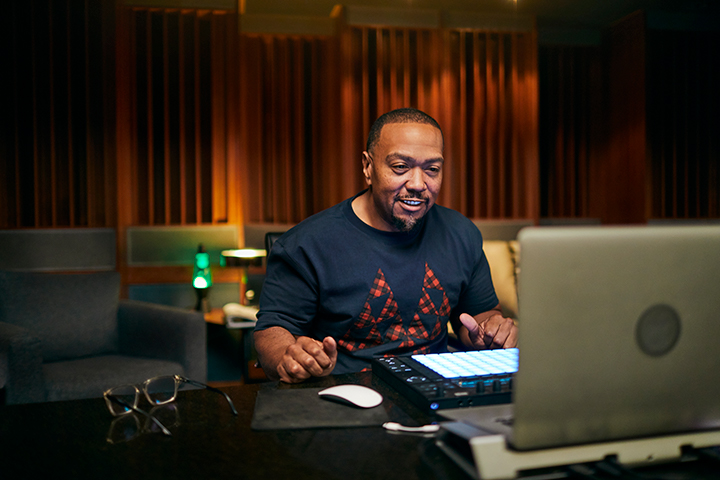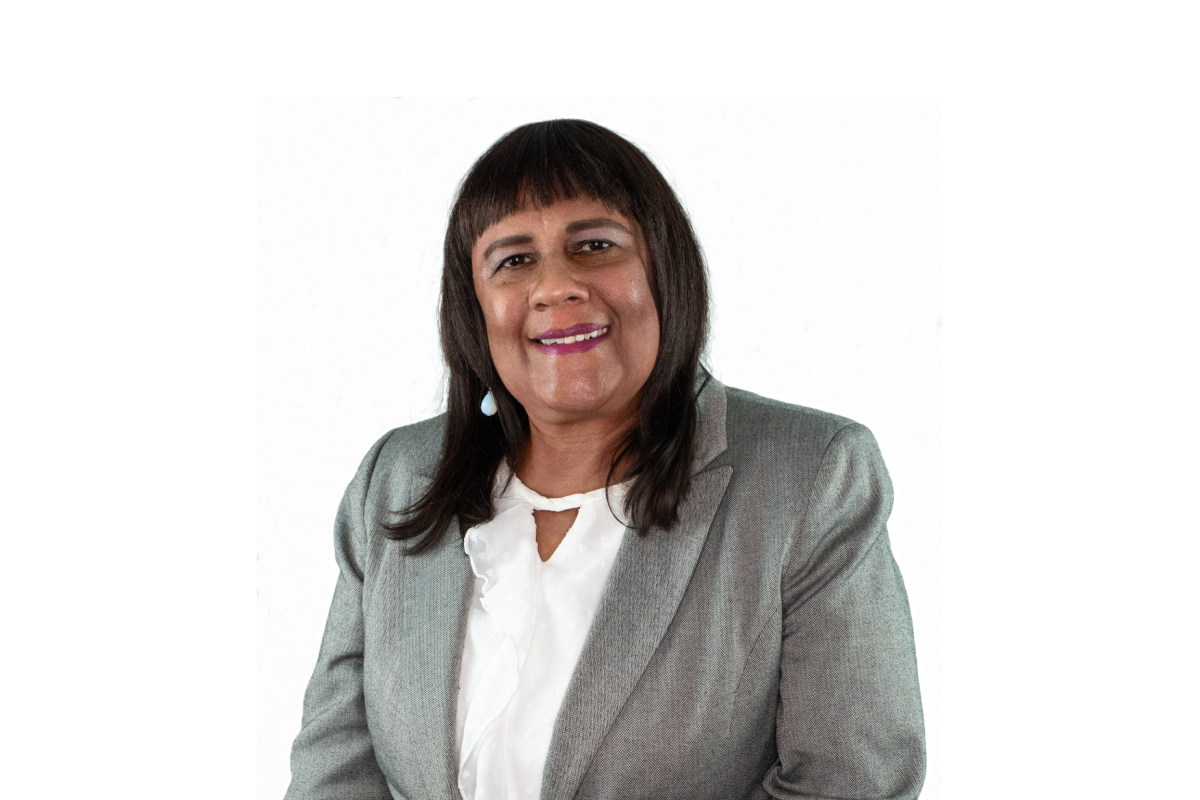For Lise Birikundavyi, the motivation to co-create Black Innovation Capital with Isaac Olowolafe was a natural progression of her professional journey that started with gaining awareness of the financial challenges underprivileged populations the world over faced and then setting out to find a solution. Her journey saw her earn an MBA degree from Shanghai, spend time in Ghana and Cote d’Ivoire to gain exposure, and build the network that would allow her to head a venture fund in Toronto, Canada.
The Edge caught up with her to converse about her career focus on financial inclusion, the goals of Black Innovation Capital, and the fund’s selection criteria with regards to entrepreneurs.
You have focused a lot of your career on finance and social inclusion. What has been the driving factor for this?
The driving factor for this was my quest for sustainable change and real empowerment. I grew up in Montreal, [and] I’m of Burundian origin. I came to Canada because my dad was doing his PhD in applied mathematics. I was surrounded by people with very high intellect [and] abilities that were driven, but that’s not the image that I was receiving from the media or the general sort of perception of Black people. But then again, I also had to see and understand that there were real challenges. My country of origin is one of the poorest in the world. It’s not because people are not able to find solutions to their problems, but there’s a real issue in terms of access to resources.
I’ve always wanted to be part of the solution, and to me, it had to do with [the] financial environment. If you allow people to access the resources that they need, people will find solutions to their problems, and I was highly attracted by [this idea] when I first stumbled on the concept of social entrepreneurship and then impact investing. I decided that this would be my life’s work — basically using private sector to change the world.
With Black Innovation Capital, you are the first Black woman to manage an institutionally backed venture fund in Canada. What was the journey like for you to reach this place?
It was quite a nonconventional journey, a journey of trying to be fearless to reach your goals and get a certain type of exposure. I really went out of my way to try to get the impact I wanted to create [and] have the skill set that I wanted to have. From the beginning, for example, I wanted to be a good investor for emerging markets. I decided to move and do a degree in China because I wanted to have that exposure, that understanding. Then when I was on my first maternity leave, I moved to Ghana to be an impact investor there.
I decided to join tech start-ups because I wanted to have an understanding of what it is to be an entrepreneur as well — you cannot understand the path of someone unless you have walked in their shoes. I then also took charge of an impact finance portfolio in Cote d’Ivoire.
Learning has always been at the centre of everything I was doing because I wanted to get better at my job and be unafraid of reaching out to people that I admired and finding ways to collaborate with them. That opened doors all along, I think, and that basically allowed me to get the opportunity to meet with Isaac. We saw eye-to-eye when we met, and we decided to co-create Black Innovation Capital together.
How does Black Innovation Capital aim to create a financially inclusive space for under-represented entrepreneurs?
Because Black Innovation Capital is a small fund [of $10 million], our objective right now is to create a business case for investing in ventures that sometimes look a bit different than what venture capitalists used to look at. People usually invest in their own network.
It’s about telling them if you invest outside of your network [into] somebody who doesn’t exactly speak the same quote-unquote language as you, you can still make that good financial return. [We are focused on] creating more opportunities for investors from Black communities to get financing from others, but [also] creating those role models. If you are able to create success stories, [they] usually have a ripple effect on all the different communities — that’s really our goal. [Also, if] we’ll collaborate, [that] contributes to the creation of this space [where] usually entrepreneurs that are successful also reinvest in their own community. So, it becomes an investment that never stops investing, to a certain extent.
What qualities do you look for in entrepreneurs who come to you to gain funding and support?
To me, it’s important that entrepreneurs are passionate about the problem that they are trying to solve, that they deeply understand the problem, often having gone through it by having been very close to it. [It is important] that they understand their clients too because sometimes it’s not just about creating that perfect solution — it’s creating a solution that people actually want to buy and use. And there’s no other way to do it than co-creating that product with the end user often. When I talked about passion a little bit earlier, being an entrepreneur is extremely hard, and not everyone is meant to be [one]. So, it’s really finding this drive where this person will stick to it no matter what.
That and the team is always the core, especially at the stage we invest in — we invest in seed and pre-seed. For us, it’s extremely important to have a team that is strong. After that, what we’re looking at is “what can we bring as well?” As a fund, you take a portion of ownership in that company. You also have to be able to add value. If we can’t, we’re probably not the right partner.
Aun Abbott | Contributing Writer



















